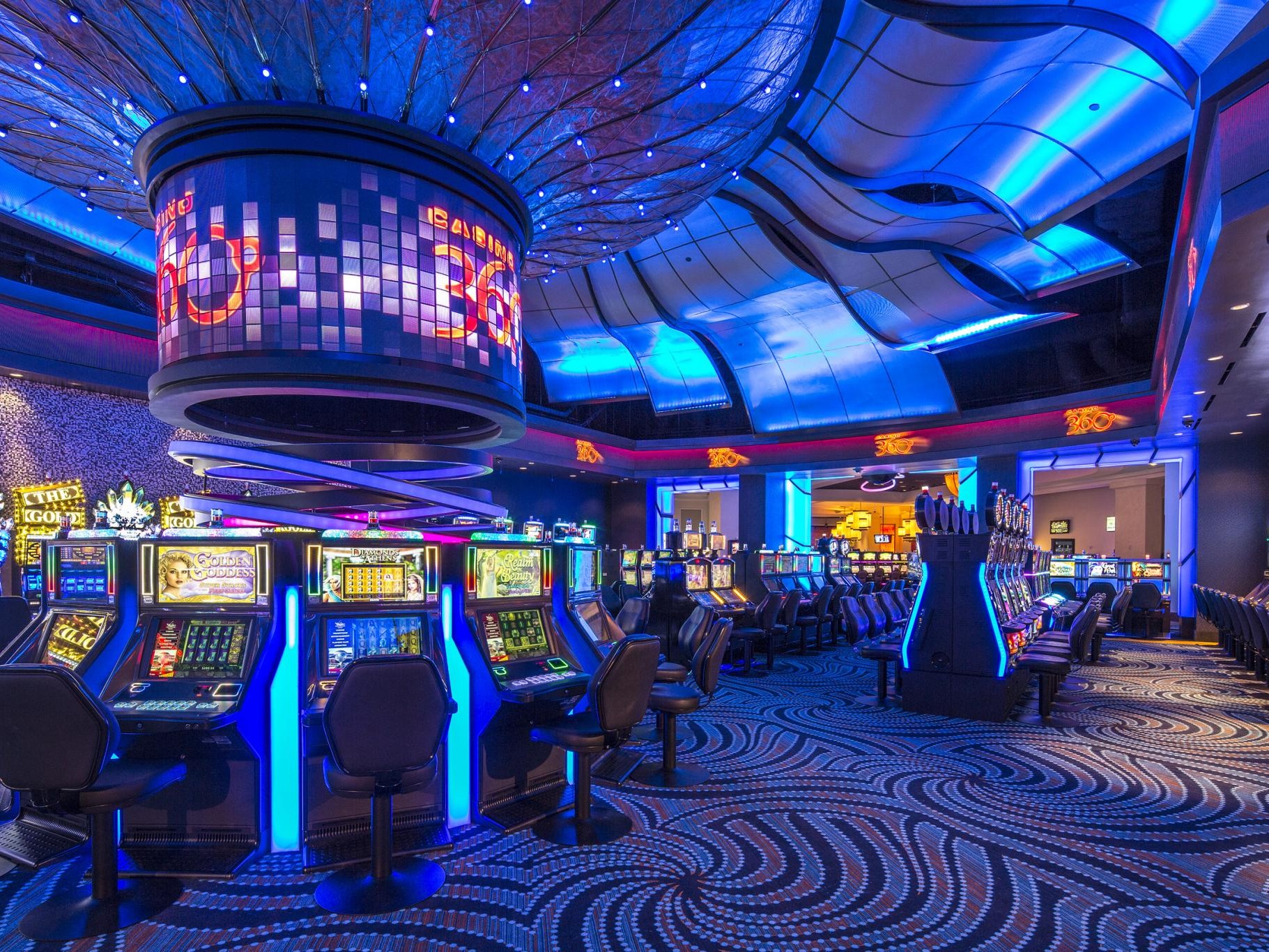
Casino games have long been a engaging entertainment option, drawing numerous of players from different cultures around the globe. From the opulent casinos of Vegas to the bustling gambling halls of the Chinese gambling capital, these games serve as a link that brings together people across a variety of backgrounds. The allure of luck, strategy, and uncertainty entices not only those seeking to strike it rich but also those in search of a shared experience.
The cultural impact of casino games extends far beyond the gaming floor. They often embody the values and traditions of the societies in which they flourish. Games such as poker, blackjack, and the wheel game have woven themselves into the tapestry of popular culture, influencing various aspects from films to fashion. As we explore this intriguing intersection of gambling and society, we can gain insights into how these games shape and are influenced by the surrounding world.
Historical Development of Gambling Activities
The origins of gaming games can be followed back to old cultures, where betting in multiple forms was widely practiced. In China, around 2300 BC, a variant of lottery known as Keno was well-known, while in old the Roman Empire, soldiers would often bet on the results of their contests. The concept of using randomness for entertainment and profit evolved over the ages, leading to the formation of more organized activities. By the late Middle Ages, gambling houses began to appear in Europe, especially in the Italian peninsula, which introduced early forms of well-liked games still enjoyed today.
As betting expanded popularity in European regions, the 17th and 18th centuries saw the appearance of casinos as exclusive venues for betting. The earliest official gambling house, the Ridotto, was set up in the Venetian city in the year 1638, offering games like the game of Baccarat and the game Faro. This period marked a major pivoting point, as casinos commenced to draw not just the high society but also the burgeoning middle-tier society. The refinement of activities increased, leading to the development of new guidelines and variations that enhanced the play experience.
In the 19th century, the era of industrialization and changes in social norms also changed the terrain of gambling games. The arrival of roulette and modern gaming machines drew a broader clientele, and gambling establishments became seen as legitimate forms of fun. bakar 69 This period witnessed the international spread of casino activities, as casinos spread from European nations to the Americas, culminating in the development of the legendary Strip of Las Vegas in the 20th century. The development of casino games has progressed into the present day, integrating modern technology and digital sites, rendering them available to a global population.
# Cultural Relevance within Diverse Societies
Gambling games have significant cultural value within numerous societies across the globe. For instance, in Las Vegas, the very core of the urban landscape is woven around casinos, where playing is not just a hobby but a key aspect of social engagement and community life. The dazzling lights and vibrant atmosphere attract millions, showcasing how casino games can influence local financial landscapes and local cultures. This setting transforms the notion of leisure into an enriching event that affects style, melodies, and even movies.
Conversely, some cultures treat gambling with more caution, viewing it through the lens of morality and customs. A case in point, in various Oriental societies, games like Mahjongg and Pai Gow Poker are rich with history and have significant social meanings. These games are often played during get-togethers and celebrations, fostering social ties and solidifying family ties. The act of engaging in these games goes above mere leisure, reflecting principles such as deference to seniors and the value of collective enjoyment.
At the same time, in continental countries such as Monaco and the Italian Peninsula, games of chance serve as symbols of opulence and refinement. The refined atmosphere of these venues attracts both tourists and residents, maintaining a sense of status and elitism. The art of poker and the tactical components of games like the game of baccarat are esteemed, molding interpersonal interactions and creating an allure that captivates a diverse audience. This underscores how gambling can concurrently reflect and influence cultural perspectives towards risk, reward, and relationship building.
Financial Influence and Tourism
Casino games play a significant role in the financial context of many regions, particularly those that depend significantly on tourism. The revenue generated from gambling establishments fuels local economies, creating jobs not only within the casinos but also but also in related sectors such as hospitality, dining, and recreation. This surge of tourists, drawn by the attraction of games and the overall casino experience, stimulates expenditure across multiple local enterprises, contributing to the economic vitality of the region.
The existence of casinos often leads to the development of facilities, including lodging, public transit, and recreational facilities. These improvements are essential in improving the overall tourist experience, making destinations more appealing to visitors. Additionally, many casinos contribute in local communities through sponsorship of events and charitable activities, further integrating themselves into the community structure of the region. Such investment not only supports economic growth but also fosters a positive reputation of the gambling sector.
In addition, the global popularity of casino games drives tourism competition, with locations vying to attract players from across the globe. Iconic destinations like Las Vegas and Macau have become synonymous with gambling culture, drawing millions annually. This competitive edge encourages creativity and diversification within the gaming industry, influencing trends in leisure and accommodation that extend beyond their borders. The consequences of this tourism extend far, impacting local economies and cultural interactions on a worldwide scale.